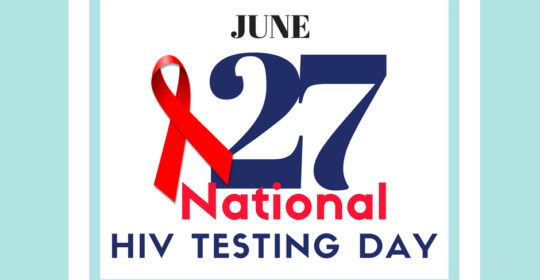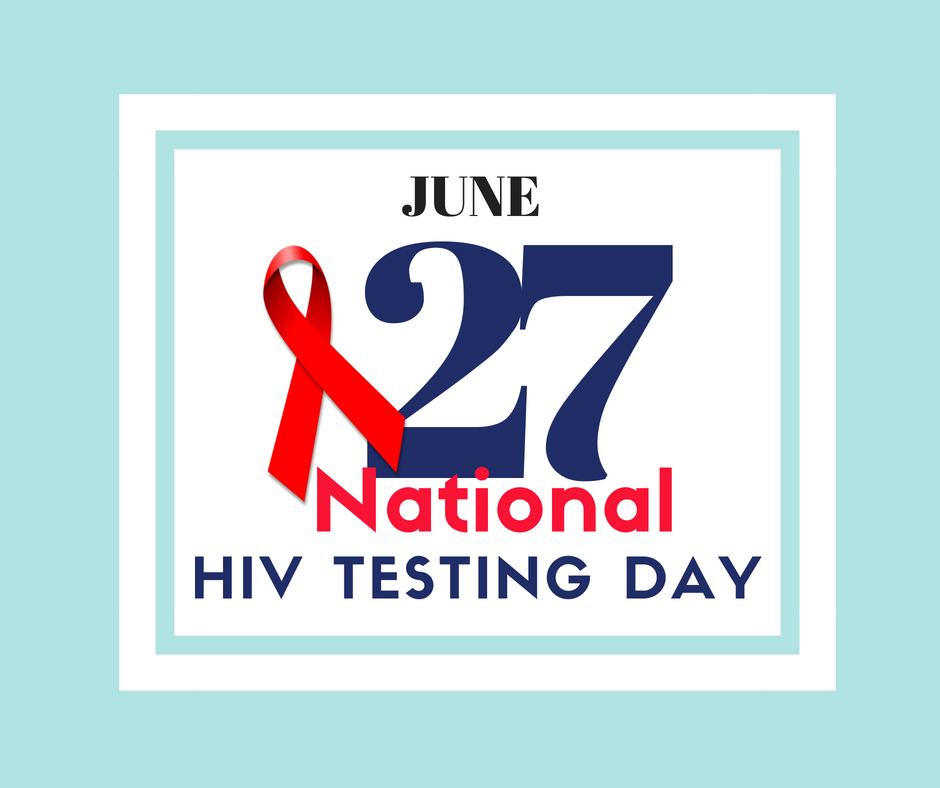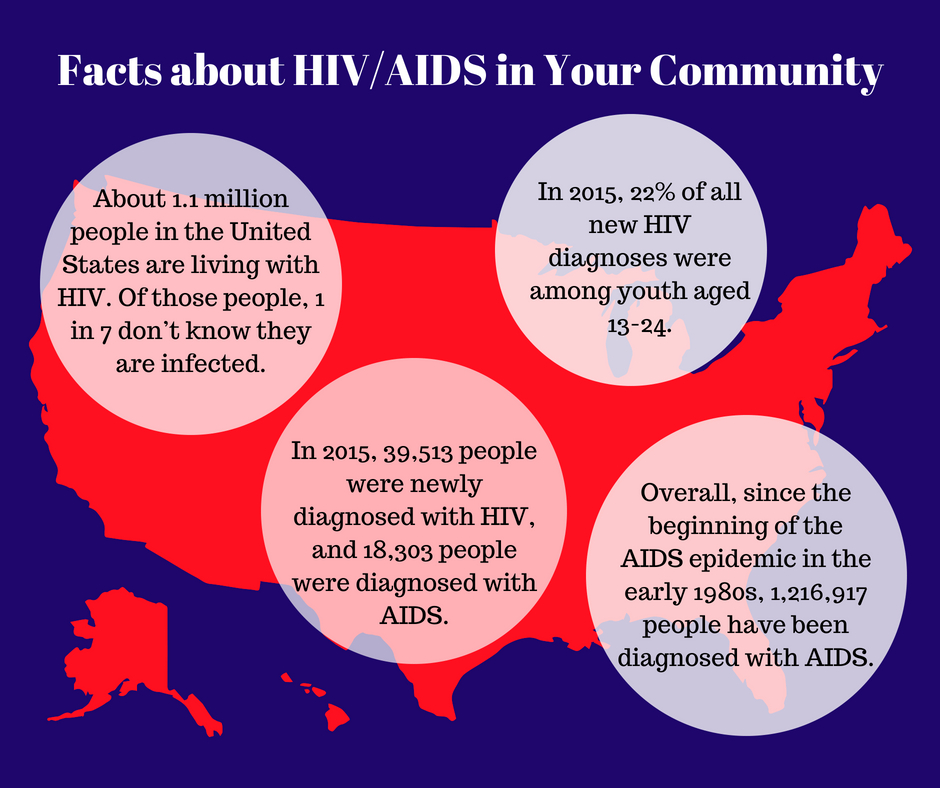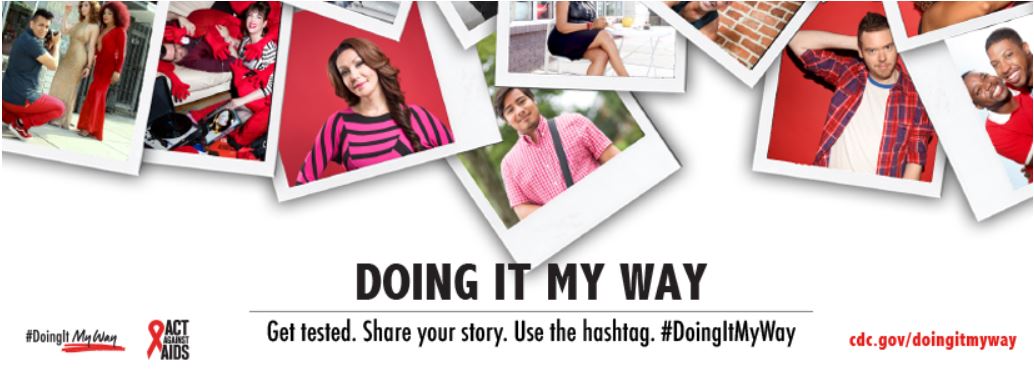
National HIV Testing Day

National HIV Testing Day (NHTD) was first observed on June 27, 1995. NHTD is a day to encourage people to get tested for HIV, know their status, and get linked to care and treatment.
This year, the Centers for Disease and Prevention Control (CDC) has introduced the “Doing It” theme as their new national HIV testing and prevention campaign. This campaign is designed to motivate all adults to get tested for HIV to know their status. As part of the Act Against AIDS initiative, the “Doing It” campaign invites everyone to get involved in spreading the importance HIV testing. “Doing It” delivers the messages that everyone is supposed to get informed about the basic facts of HIV and AIDS. Getting tested and making HIV testing a part of everyone’s regular health routine keeps ourselves and our community healthy.
Get Informed
It is our responsibility to learn more about HIV and how to prevent it to protect ourselves, our loved ones, and our friends. We can all start doing it by educating ourselves on the basic facts of HIV/AIDS, including information on protecting ourselves and others and by sharing what we learn with our loved ones and people who are important to us.

HIV can affect anyone regardless of sexual orientation, race, ethnicity, gender or age. However, certain groups based on their sexual orientation, gender, race/ethnicity, and age are at higher risk for HIV and merit special consideration because of particular risk factors. Find out more about HIV prevention challenges by group.
Get Tested
Who Should Get Tested
The CDC recommends that everyone between the ages of 13 and 64 get tested for HIV at least once as part of their routine health care and that people with certain risk factors get tested more often. People with certain risk factors are those who have sex with more than one sex partner, people with other sexually transmitted diseases (STDs), gay and bisexual men, and people who inject drugs.
Why You Should Get Tested
HIV testing should become a normal part of life. Testing can give you important information and help keep you and others safe. Knowing your status is also important because it helps you make healthy decisions to prevent getting or transmitting HIV.
Regular HIV testing can increase the likelihood of an early diagnosis in the case of an HIV-positive status. The earlier the diagnosis, the earlier you will be able to get treated for HIV, which will improve your health, prolong your life, and greatly lower your chance of spreading HIV to others.
Get Involved
Empower more people by sharing the HIV basic facts with our social media followers. Whether it’s a conversation, text, or social media post, we must talk to each other about HIV and how we can prevent it.
Also, join the movement and use the campaign hashtag #DoingIt when you share photos and videos that raise awareness about HIV testing. You just may see your post on Act Against AIDS Facebook, Instagram (@ActAgainstAIDS) or Twitter (@TalkHIV) along with Act Against AIDS’ partners and others who are talking about HIV testing online.

Source:
CDC


Most Commented